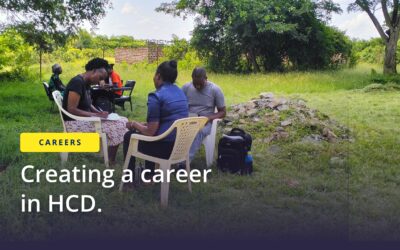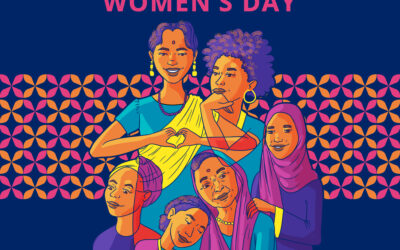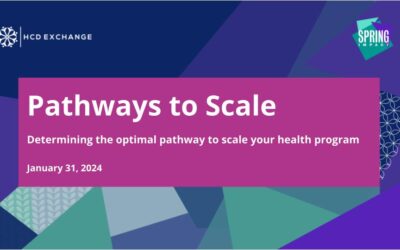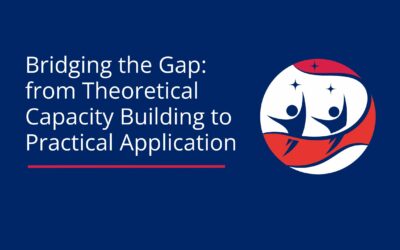By Susan Towett, Youth Engagement Officer, HCDExchange.
Susan works at the intersection of design thinking and experience design with a background in Business Information Technology. At HCDExchange, Susan leads the Youth Leadership Hub (YLH) in amplifying youth voices and leadership particularly in how Human-Centered Design (HCD) can be used to improve outcomes in AYSRH programming and/or projects.
“Design is a kind of laboratory where we can use prototyping and user research to at least get some sense of what will work and won’t work” – D.Burka
It’s October 4, 2023. Seven brilliant teams of young people from Zambia, Nigeria, Indonesia, Kenya, and Benin are about to pitch their innovative adolescent and youth sexual and reproductive health (AYSRH) ideas to a panel of three youth judges. The stage is set, the energy is high and the vibe is nothing short of lit. This is the depiction of the inaugural HCDExchange International Youth Day (IYD) Design Challenge pitching contest.
Let’s start at the beginning, to celebrate IYD back in August, HCDExchange launched a 5-week design challenge to guide young people on how to use HCD skills to design an AYSRH solution that efficiently addresses the reproductive health challenges in their diverse communities. This training included weekly workshops, mentorship from design professionals, and practical take-home tasks. It all culminated in a pitching contest where participants pitched their process, findings, and prototypes, and addressed questions from the judges and audience. To select the top three winning innovations, our three judges from Mali, India & Kenya vetted the innovative ideas by scoring the presentations based on a set of criteria that covered the design process, feasibility of the solution, and the potential for impact.
Who were the judges?
Sira Sojourner Toure is a young social change maker working in the promotion of reproductive health and family planning in Mali. She works as a Youth Focal Point of the Ouagadougou Partnership and Family Planning FP 2030 and is the co-chair of the Global Working Group on Gender Equity in FP/RH from the FHI360 Research for Scalable Solutions R4S project in partnership with USAID. Rhea Chawla is a feminist with over 8 years of experience working on a range of SRHR issues across South Asia, with a special focus on adolescents and young people. She was the moderator of an all-youth panel during the task-force discussion for the amendment of India’s Prohibition of Child Marriage Act in 2020. Previously, Rhea worked at The YP Foundation, where she oversaw projects on comprehensive sexuality education and contraceptive advocacy for young people in India. She has also worked on humanitarian response projects at the International Planned Parenthood Federation – South Asia Region. Rasheed Mutaha is an experienced design, communications, and campaign strategist with a broad footprint in AYSRH programming, youth leadership, and advocacy. He has a specific interest in policy advocacy, curriculum development, training and facilitation, and movement building including the Maisha Youth Movement, JIACTIVATE, and Billi Now Now; a locally-led globally connected movement working to ensure a billion young people have agency over their bodies, culture and destiny.
Meet the IYD Design Challenge Teams
AskFay, Nigeria
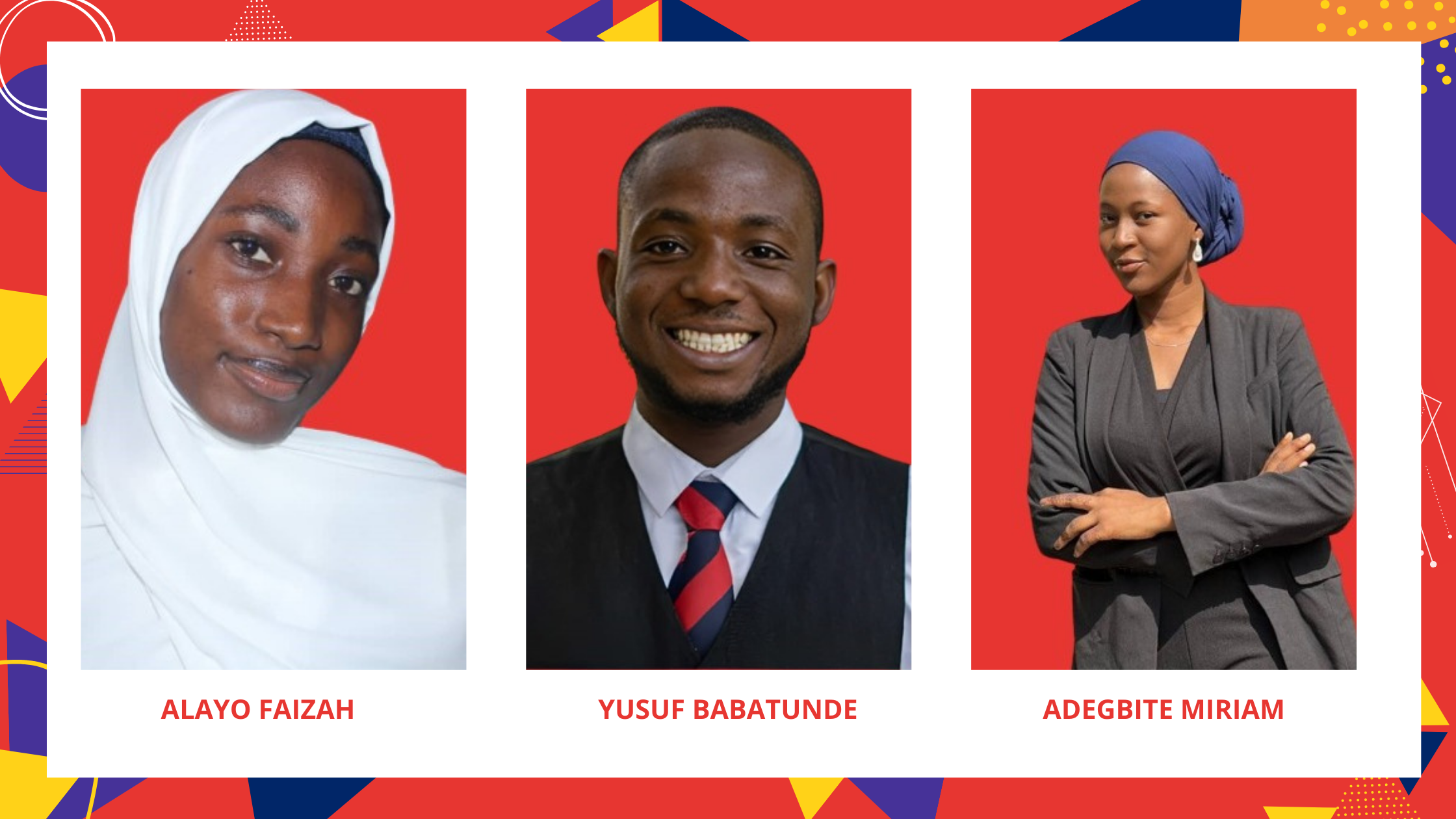
AskFay addressed how to better support young adults (18-29) to access real-time information and services on sexual and reproductive health (SRH) to reduce the stigma and discrimination around it. The resulting solution is a one-stop digital platform that delivers on-demand, inclusive, equitable, and anonymous access to SRH information and services to 18-29 year-olds.
Their mid-fidelity prototype looked amazing and the message was clear: the future of SRH is digital. Partnerships and collaborations will be key to addressing unmet AYSRH needs using online solutions.
Sure, Benin
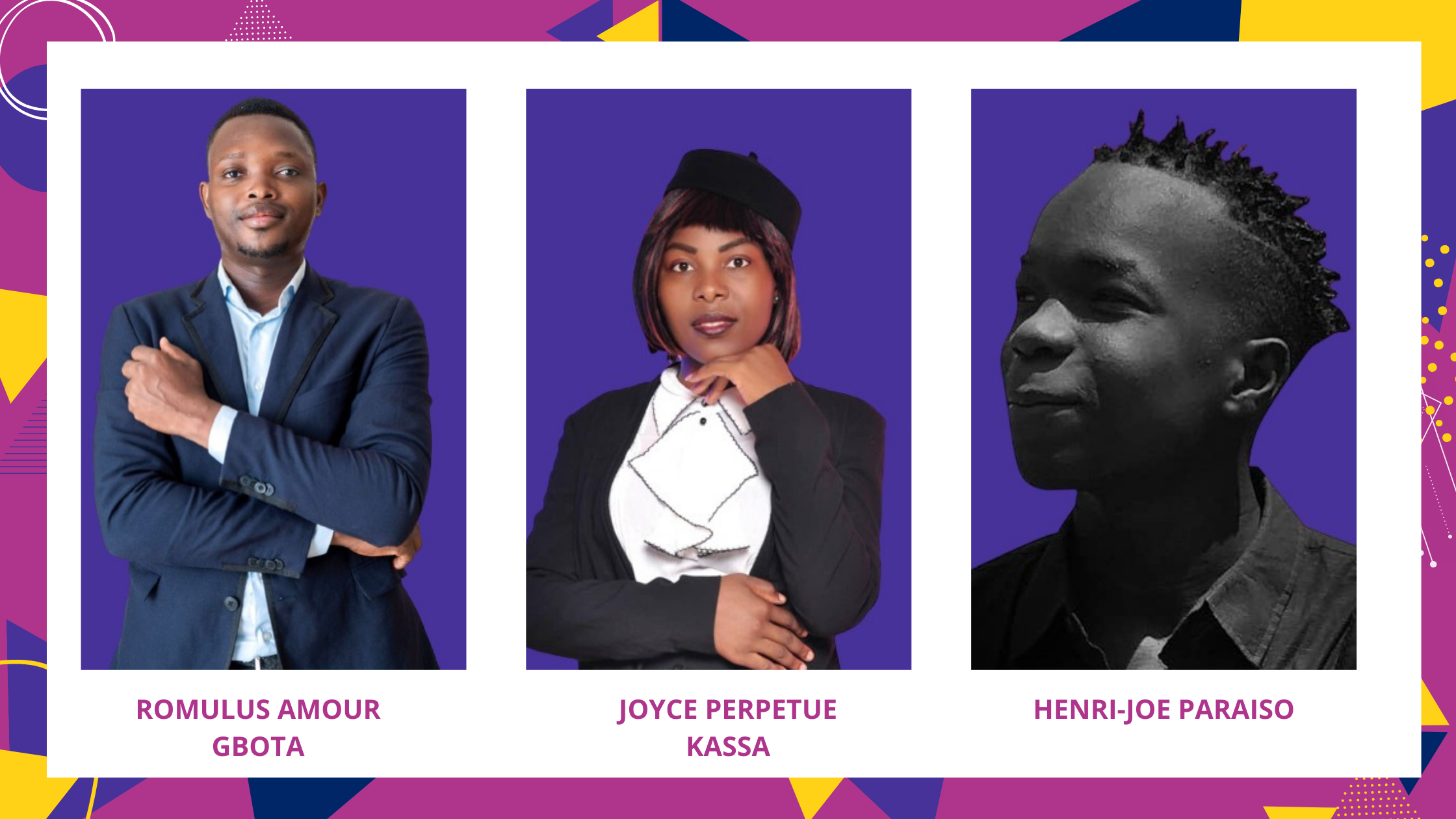
Team Sure addressed how we might make AYSRH services and products more easily accessible, confidential, and secure without discrimination or constraints of social and religious norms. To address this, the team prototyped a web and mobile application that grants youth access to SRH information, contraceptive products, and professional healthcare advice and services. They demonstrated a mock-up of their application to the judges and audience. The mobile app mockup was on point. The message: Access to private on-demand AYSRH professional healthcare advice and expertise is a must-have!
Ninakujali Program, Kenya
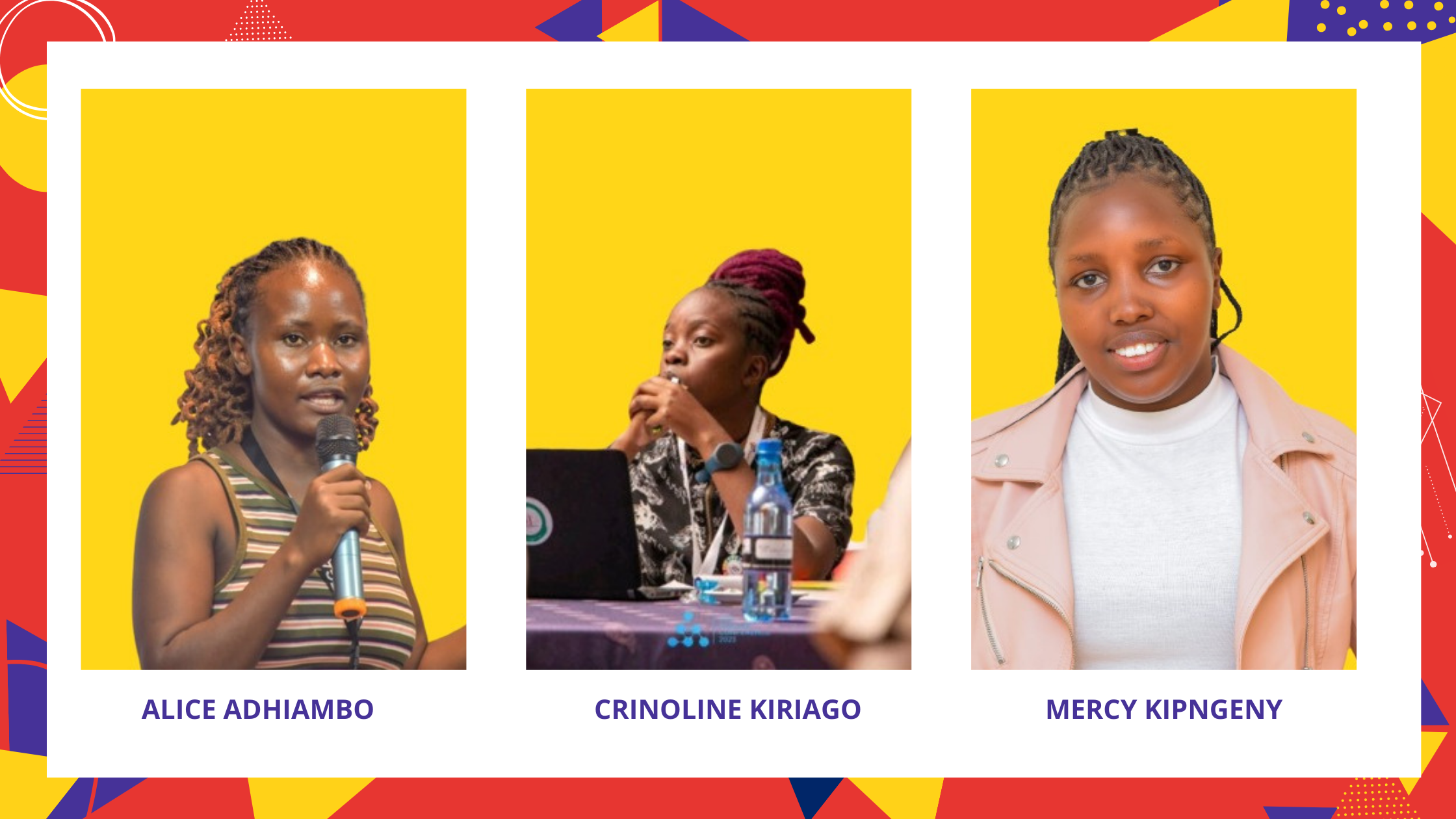
Ninakujali Program explored how they might support youth in Kenya to develop soft skills for employment to enable them to meet their SRHR/HIV needs over time. Their solution, the Ninakujali Program, targets young people,12 – 29 years, who require economic support to enable them to meet their SRHR needs. Ninakujali seeks to improve access to SRHR information and services for young people by integrating economic empowerment into their capacity building to help them navigate the transition and challenges of adulthood. The team took us through a comprehensive user journey, and instilled in us a more powerful message – economic empowerment is key in meeting AYSRH needs.
ThinkSpace, Indonesia
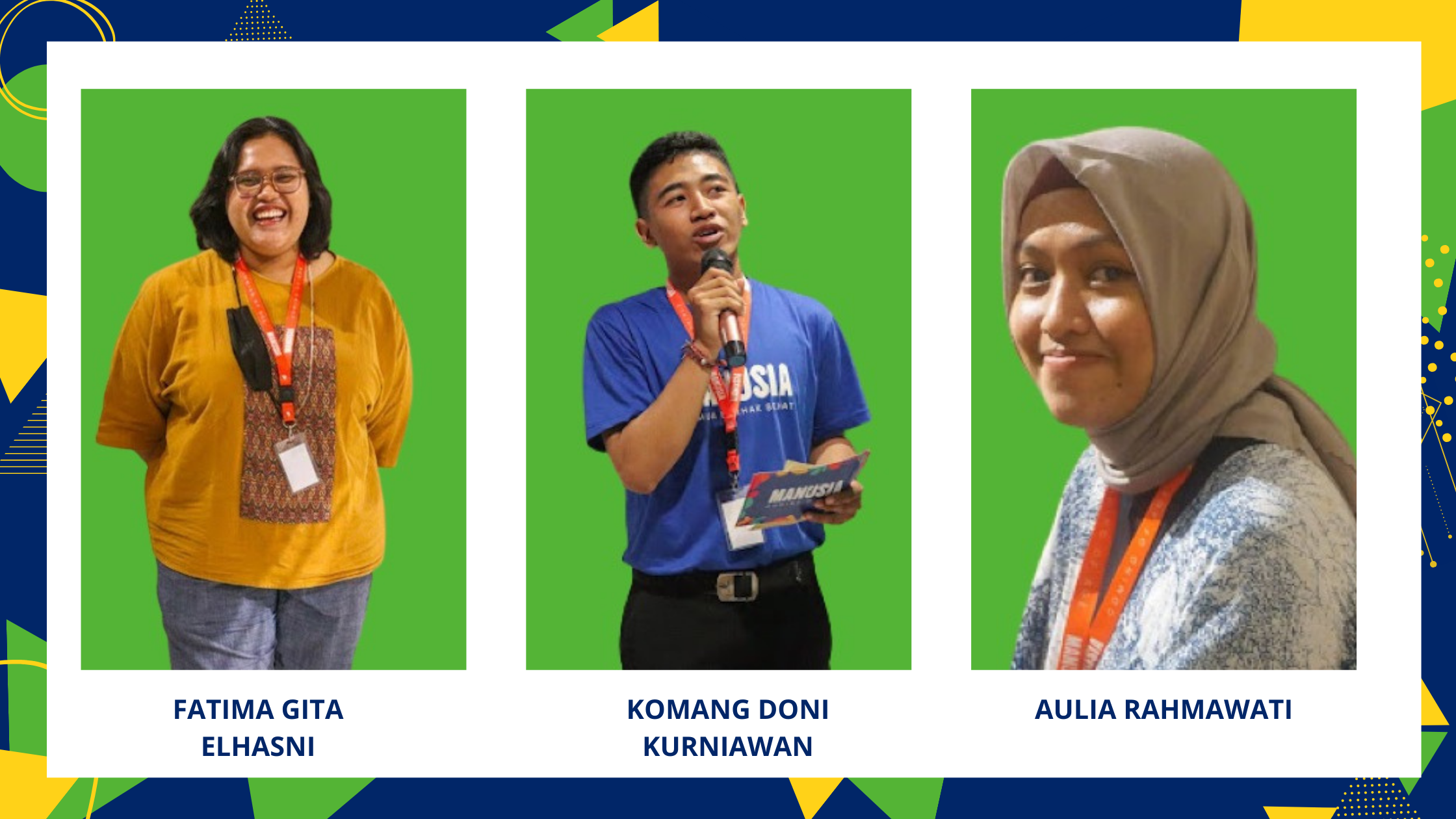
ThinkSpace focused on increasing the awareness and accessibility of SRH services to young people aged 18-24 years. ThinkYouth is their proposed platform that creates a safe space for young people aged 18-24 years to access information, discuss, and build networks to learn about SRHR. This online gallery of SRHR messages and interactive videos demystifies myths, stigma, and judgment from society, and is an open collaboration with both local artists and teenagers who want to contribute.
The website mock-up was eye-catching and teeming with creativity. The message: art is a great tool that can be used to let young people know that it’s okay to feel confused about yourself.
Mindhackers, Kenya
Mindhackers aimed to empower adolescents and youth living with HIV/AIDS in Kenya to overcome social isolation, access comprehensive healthcare, and foster a sense of belonging within their communities. They sought to ensure that they receive proper support for mental health, medication adherence, and sexual reproductive health, while also addressing societal stigma and promoting a positive self-identity. Their ensuing solution was a youth-friendly care center equipped with mental health professionals, counselors, and peer support groups that offer a safe space for adolescents. The message of tackling HIV adherence issues, mental health concerns, and structural barriers with a particular focus on youth resonated across the board.
The Trailblazing Trio, Kenya
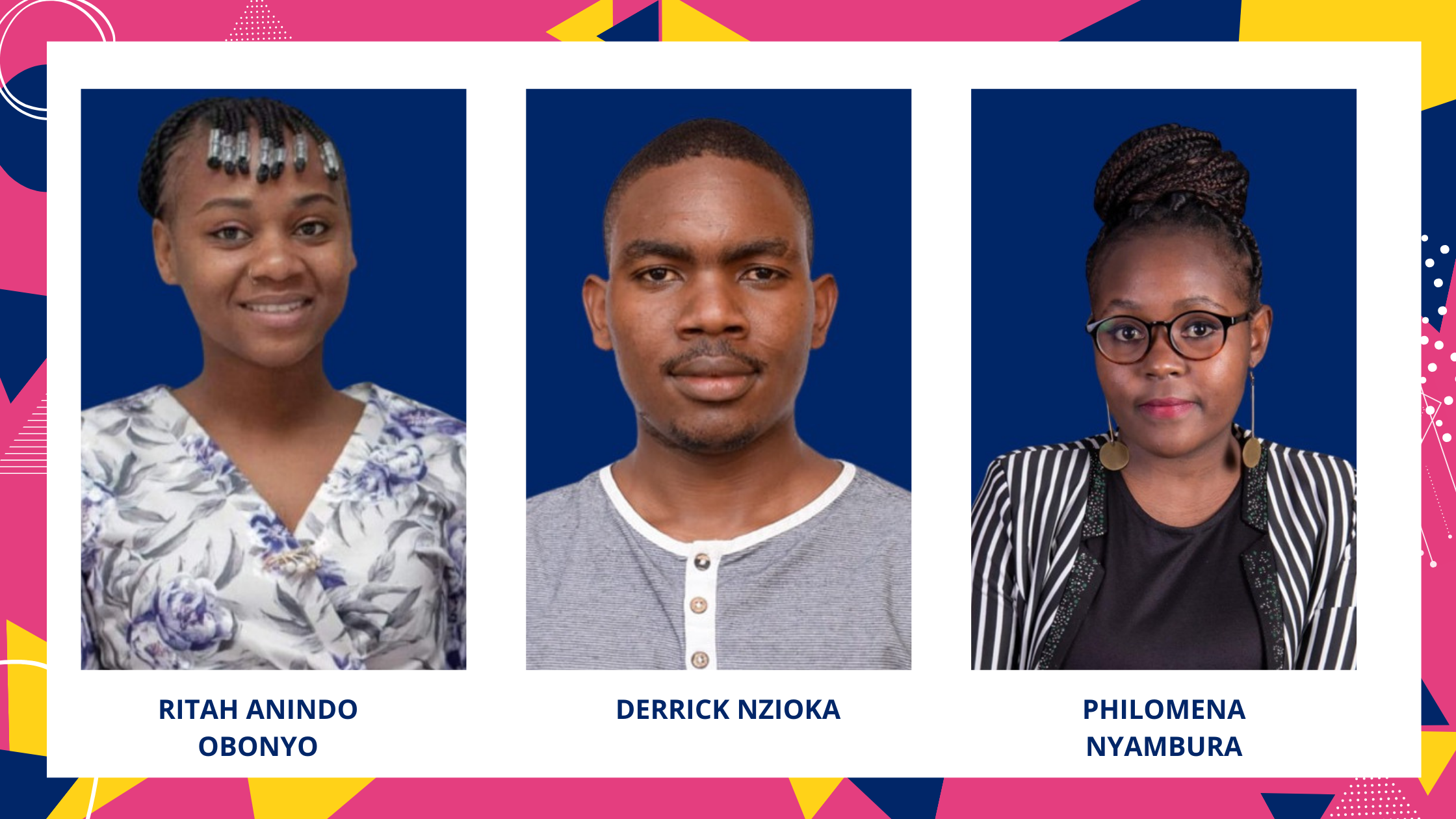
Their challenge prompted them to reimagine youth-friendly services to meet the unique needs of adolescents and youth. They proposed the use of youth community health promoters as a tool to facilitate trustworthy relationships that will increase linkages and access to youth-friendly services. The message at the core: increasing youth’ health-seeking behaviors and uptake of AYSRH services is imperative.
ReproRights Alliance
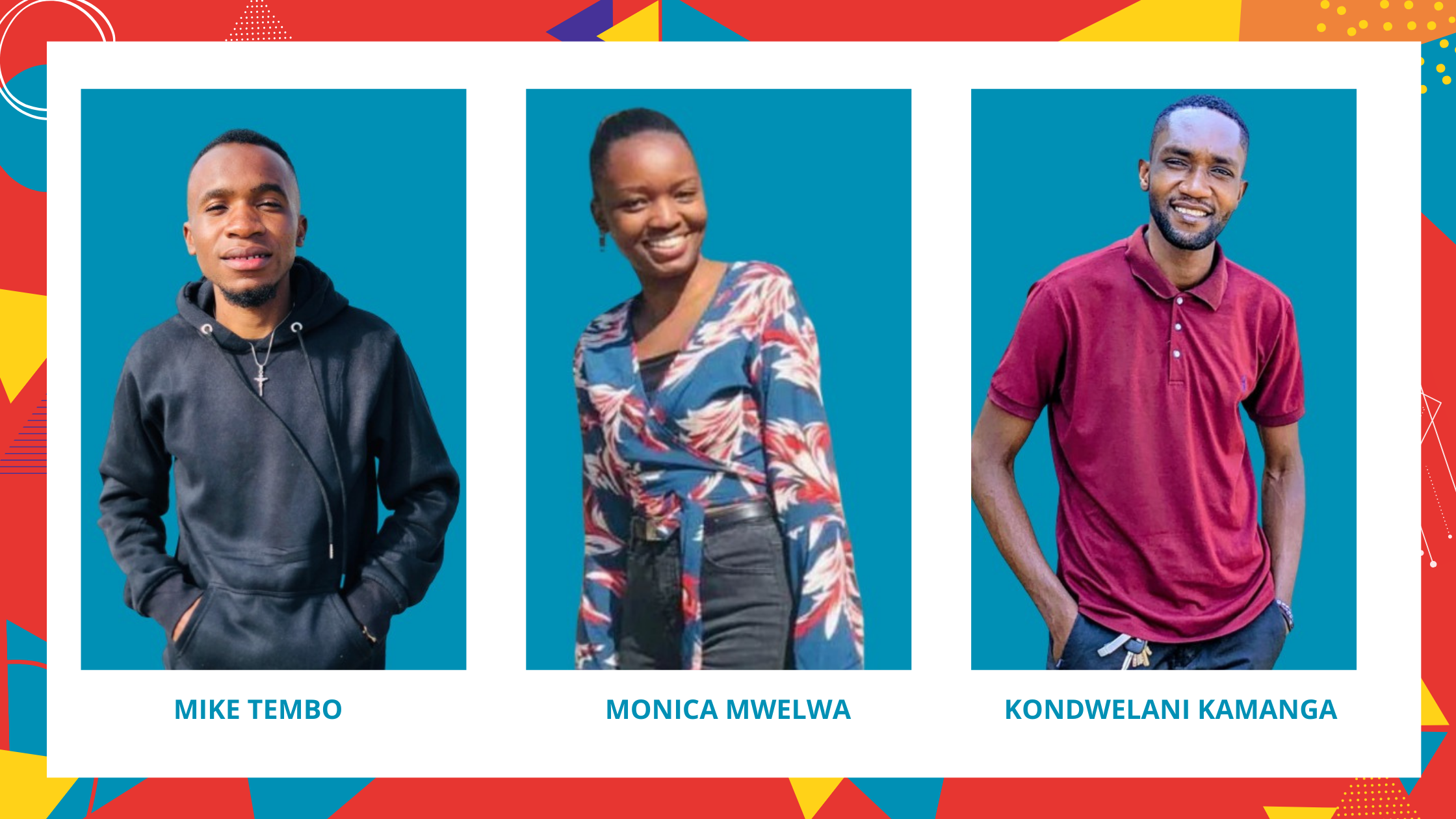
Reprorights Alliance explored how to promote gender equality and empower women and girls in the face of climate change, particularly concerning SRHR. The ReproRights solution is a digital platform to advocate for the availability of assisted reproductive technology, online contraceptive services, education around self-care, and environmentally friendly menstrual health materials. By establishing a sweet spot between sustainable SRHR uptake and climate change, this idea enables young people to access on-demand SRH materials. Their message was clear: it is imperative to explore, invest, and innovate at the intersection of climate, gender equality, and SRHR.
Announcing the Winners
After the judges deliberated, the winning teams were announced by none other than the HCDExchange Project Director, Muthoni Wachira. And the winners are (drumroll please!)
- First place winners: AskFay from Nigeria
- Second place winners: Ninakujali Program from Kenya
- Third place winners: ReproRights Alliance from Zambia
Congratulations to the winning teams, and to all of the teams who participated in the IYD Design Challenge for the amazing effort, dedication, and innovative ideas.
We would like to sincerely thank our judges, Sira Sojourner Toure, Rhea Chawla, and Rasheed Mutaha for their support in determining our winners as this was a difficult task given the high quality and competitive presentations. We would also like to extend a huge thank-you to the mentors from Mideva Labs and YUX Design who volunteered their time to guide and support the Design Challenge teams.
As we draw the curtains, it was an honor for HCDExchange to host the IYD 2023 Design Challenge Pitch Contest and it is our hope that everyone found it fun, engaging, and a worthwhile investment of their time and energy. Cheers to more Design Challenges at the HCDExchange! Ciao 🥂❣️

